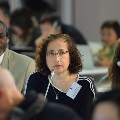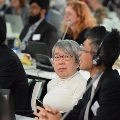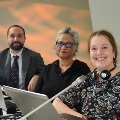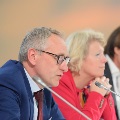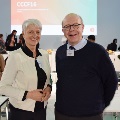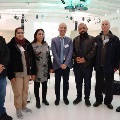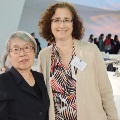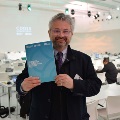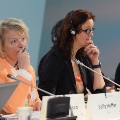Codex Committee on Contaminants in Foods (CCCF)
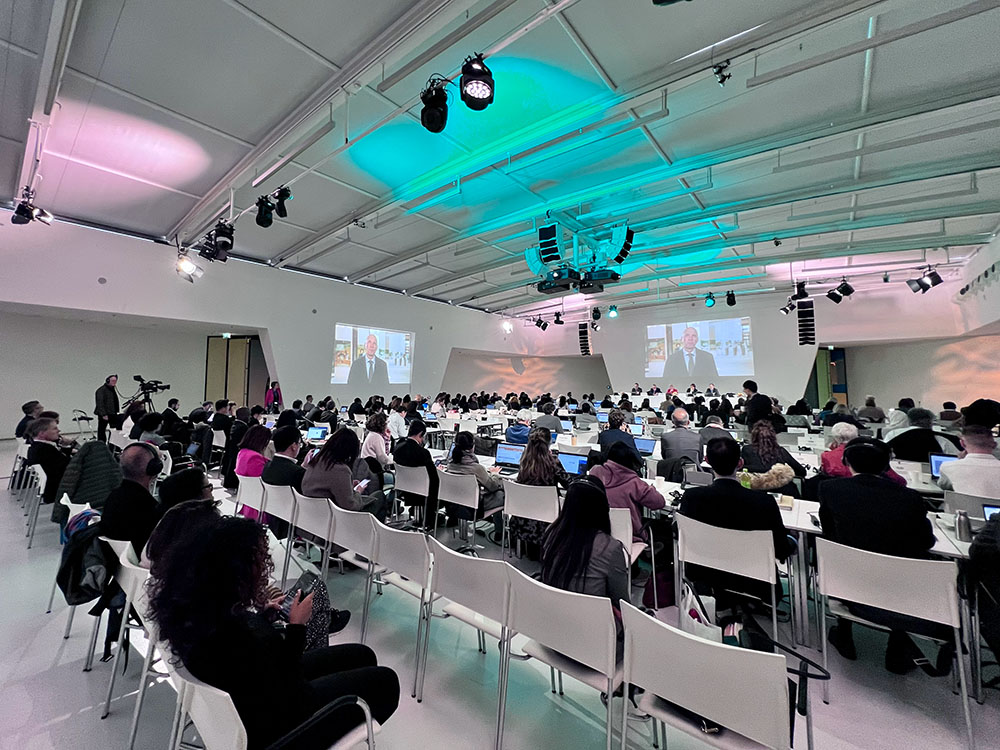
The Codex Committee for Contaminants in Food was established in 2006 following the decision by the Codex Alimentarius Commission to split the work of CCFAC, the Codex Committee for Food Additives and Contaminants. Under the auspices of the Kingdom of the Netherlands, the Committee is responsible for identifying contaminants and naturally occurring toxicants in food and feed and establishing relevant safe levels and codes of practice.
In broad terms, a contaminant is regarded by Codex to be a substance that is added unintentionally to a food or feed. The key document in which those substances are defined and the parameters for determining how relevant standards are established is the General Standard for Contaminants and Toxins in Food and Feed (CXS 193 –1995).
Contaminants in both human food and animal feed have been among the most important issues for CAC since the 1962 conference convened to establish the Codex Alimentarius. Among the key issues the committee has faced over time are “environmental pollutants” that include: heavy metal contaminants in food, such as lead (for example in milk, juices, sugar), mercury or methylmercury (fish), arsenic (rice, cereals) and cadmium (particularly in chocolate); mycotoxins and particularly aflatoxins (especially in cereals, nuts); and radionuclides, which were always an issue under consideration but became a priority for the Codex Alimentarius Commission in 1987 following the Chernobyl disaster. CAC30 in 2007 saw the reorganization of contaminants into the following four categories: metals, mycotoxins, other chemicals and radionuclides.
CCCF works closely with commodity committees to ensure the relevance of their work to individual food products. There is a need to find the balance between recommending maximum levels of contaminants that are safe for human consumption without, as far as reasonably possible, making those levels so restrictive that countries, and especially developing countries, struggle to meet those standards for the food they trade.
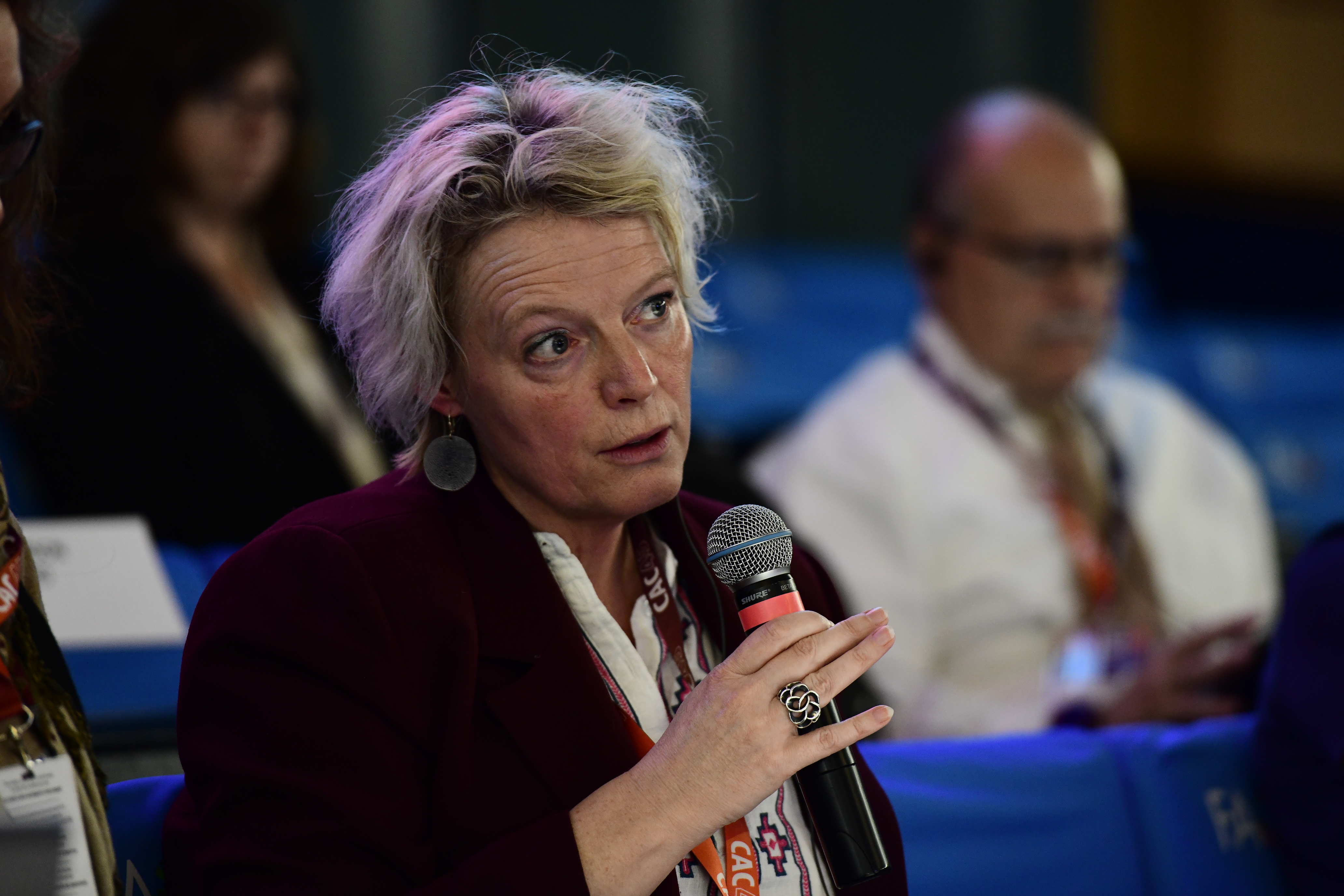
Chairperson Sally Hoffer
Sally Hoffer graduated in molecular biology and chemistry at the University of Amsterdam amd holds a PhD in Molecular Microbiology from Utrecht University, where she worked until 2001.
Since then, Sally has headed the department of the CBRN response organisation at the Dutch National Institute for Public Health and the Environment (RIVM) as well as the Expertise department at the Netherlands Food and Consumer Product Safety Authority (NVWA). In 2020, she started working at the Ministry of Agriculture, Nature and Food Quality in the management team responsible for Food Safety
She has chaired the committee since the 14th session.
Images from CCCF16 held in Utrecht, the Kingdom of the Netherlands 18-21 April 2023
Host Secretariat
All information on Codex is public and free.
For enquiries on CCCF contact:
CCCF Secretariat
Netherlands
Email: [email protected]
Web: www.fao.org









